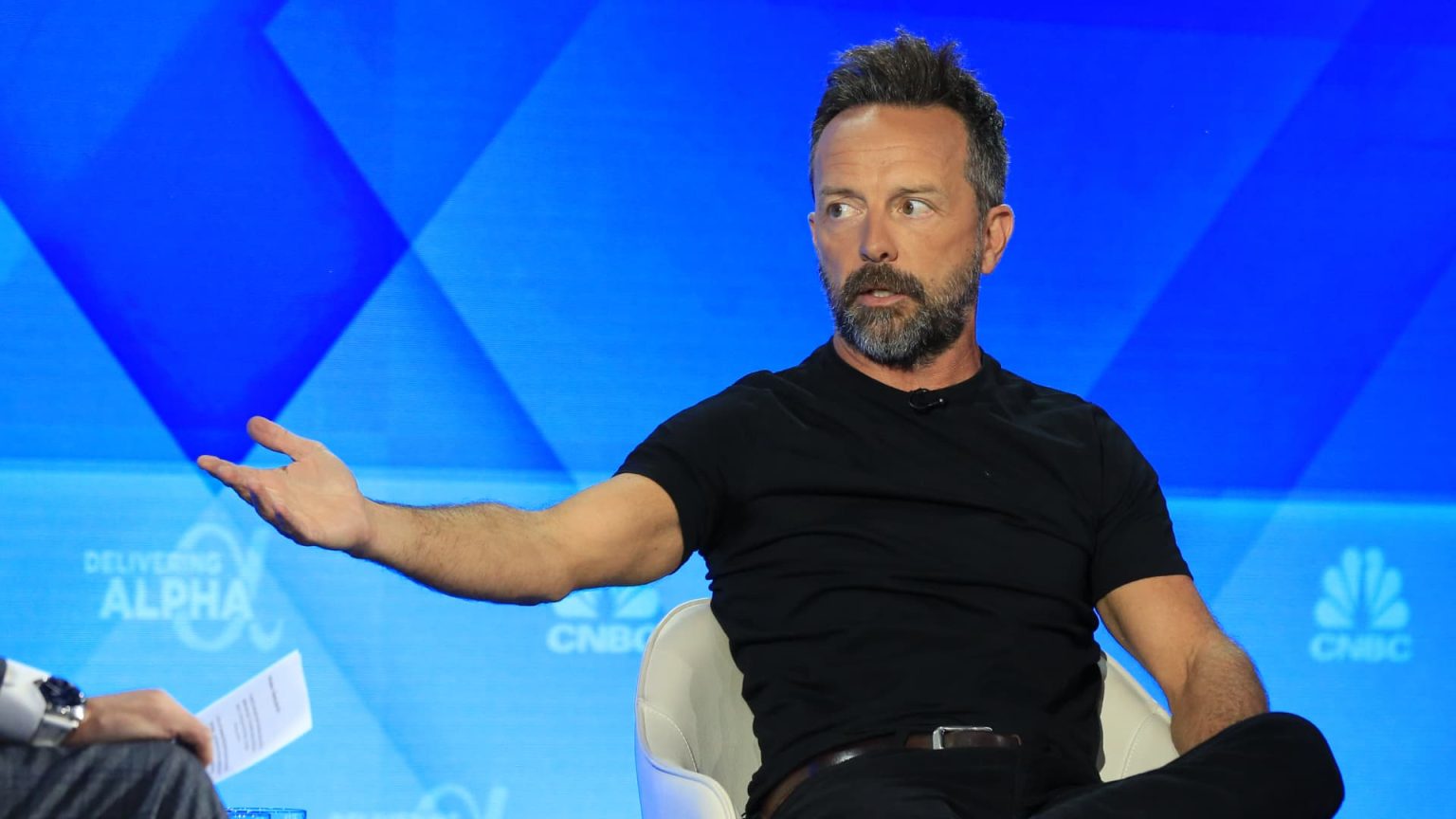Altimeter Capital Chair and CEO Brad Gerstner, in an interview on CNBC’s “Halftime Report,” shared his decision to take some chips off the table after the strong run in technology stocks this year, but he remains bullish on names that are benefiting from artificial intelligence. Gerstner stated that many stocks have seen significant gains at the beginning of the year, prompting him to reduce his exposure by 10 to 20 percentage points in both his hedge fund and long-only fund. He emphasized the importance of not always being fully invested, especially in a volatile market like the current one.
At the end of 2023, Altimeter’s top five holdings were Snowflake, Meta, Uber, Microsoft, and Nvidia. Gerstner mentioned that Meta has seen a 32% increase in 2024, while Nvidia has risen by 84% this year. However, billionaire investor Stanley Druckenmiller revealed that he reduced his big bet on chipmaker Nvidia earlier in the year, cautioning that the rapid AI boom may be overhyped in the short term. Gerstner pointed out that the macro environment has become less favorable for investors, with the Federal Reserve expected to hold off on rate cuts to combat inflation and the possibility of corporate tax rates increasing as the 2017 cuts expire.
Despite trimming his positions this year, Gerstner, who holds a Harvard Business School degree, expressed his intention to continue investing in his top holdings for the long term. He highlighted the importance of investing in companies that are experiencing reacceleration, such as Nvidia, Amazon, Google, Microsoft, and Snowflake. According to Gerstner, it is the growth in these companies’ numbers that will drive their stock performance. He emphasized the significance of investing in companies that are reaccelerating, as this will ultimately lead to positive stock performance.
Gerstner emphasized the importance of monitoring the current market conditions, which have become more challenging for investors due to various factors such as the Federal Reserve’s stance on interest rates and potential changes in corporate tax rates. He mentioned the shift from expecting six rate cuts at the beginning of the year to potentially zero cuts now, as well as the looming expiration of the 2017 corporate tax rate cuts at the end of 2025. These factors represent significant challenges for investors and could impact the growth of the S & P 500 index.
In conclusion, Brad Gerstner’s decision to reduce his exposure in technology stocks reflects his cautious approach to managing risk in a volatile market environment. While acknowledging the strong performance of certain stocks, he remains focused on investing in companies that are reaccelerating due to factors like artificial intelligence. Gerstner’s long-term investment strategy centers on identifying companies with growth potential and staying invested in them for sustained returns. Despite the challenges posed by current market conditions, Gerstner’s commitment to investing in top-performing companies showcases his confidence in their continued success.













